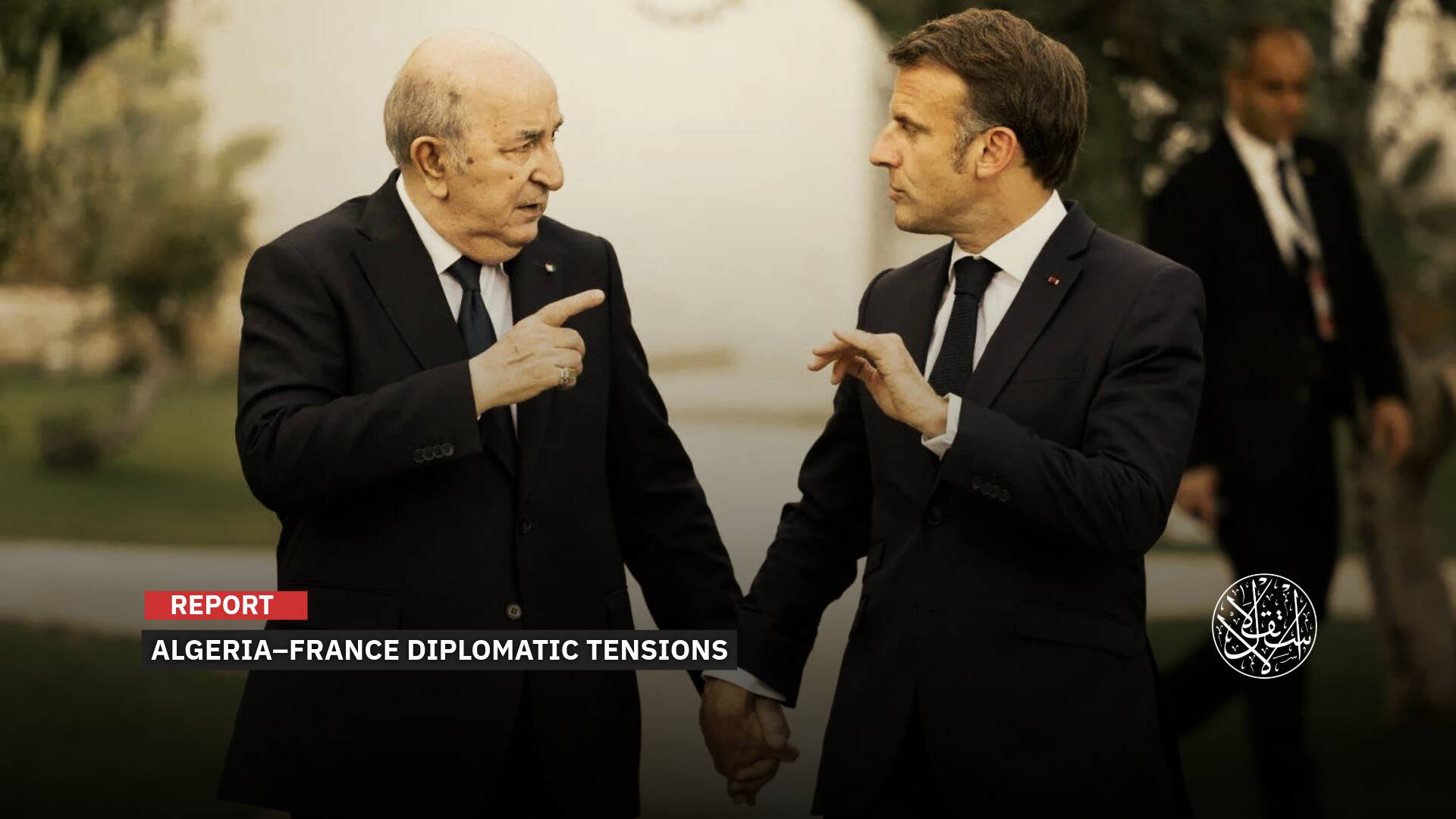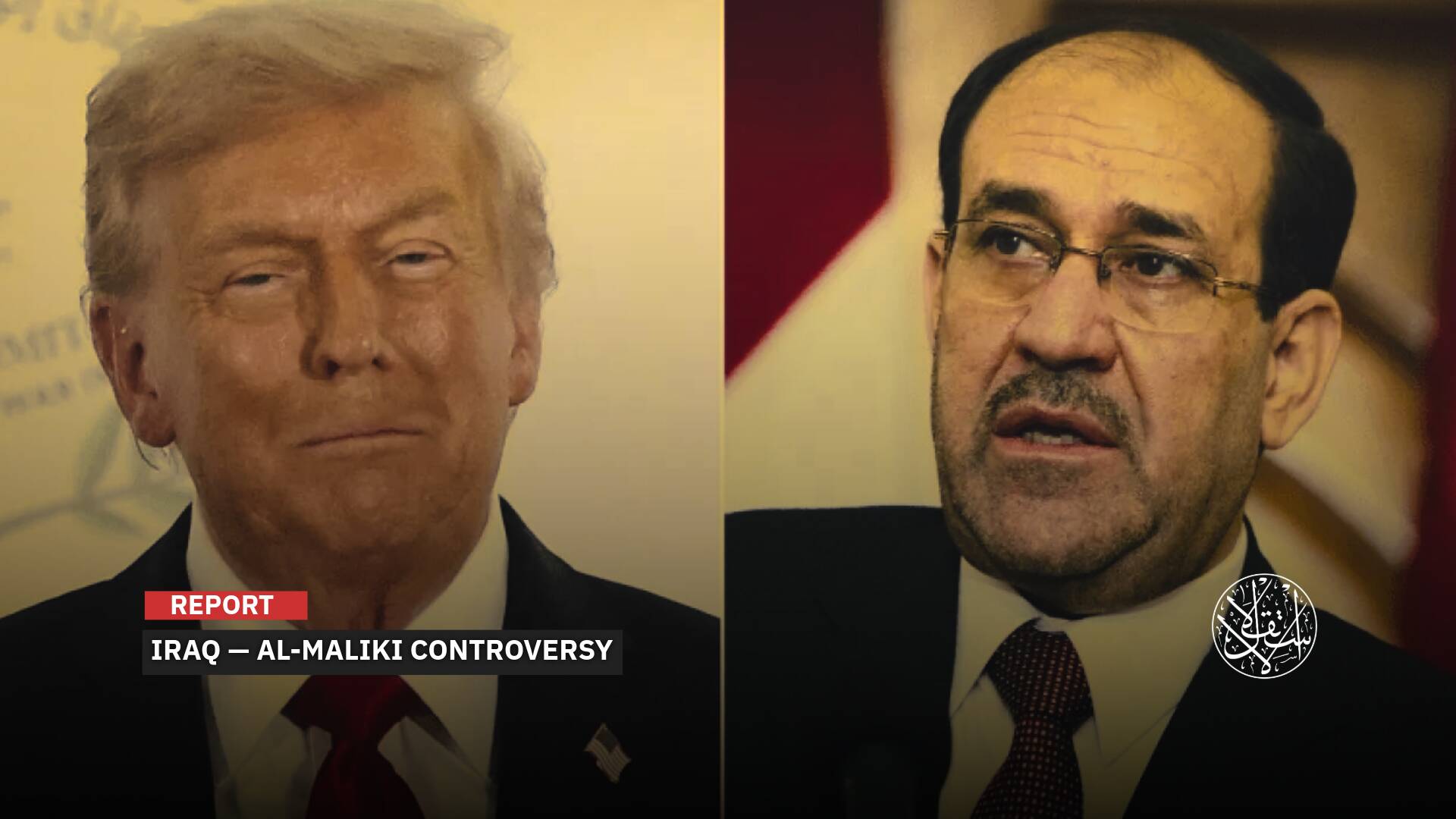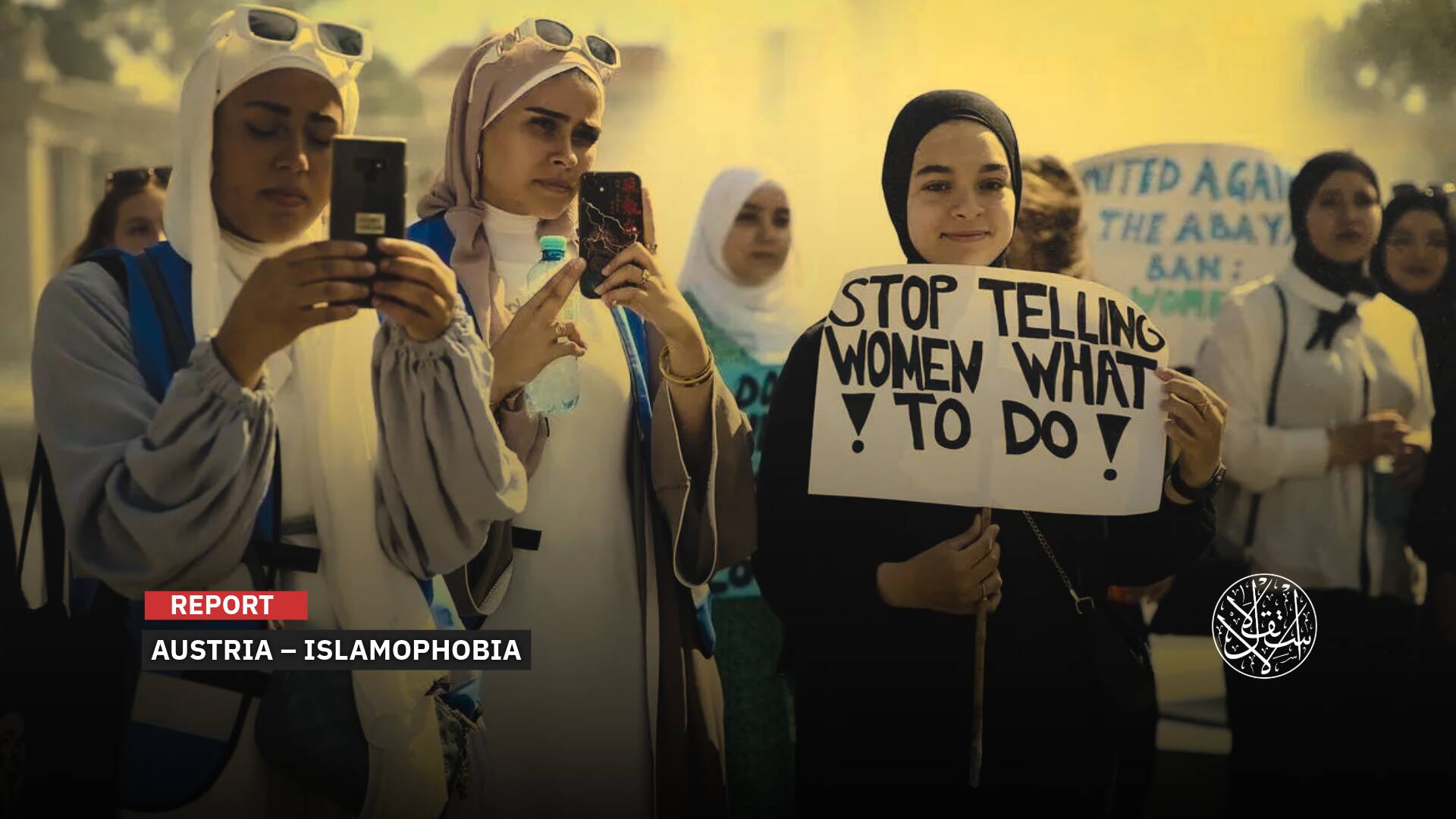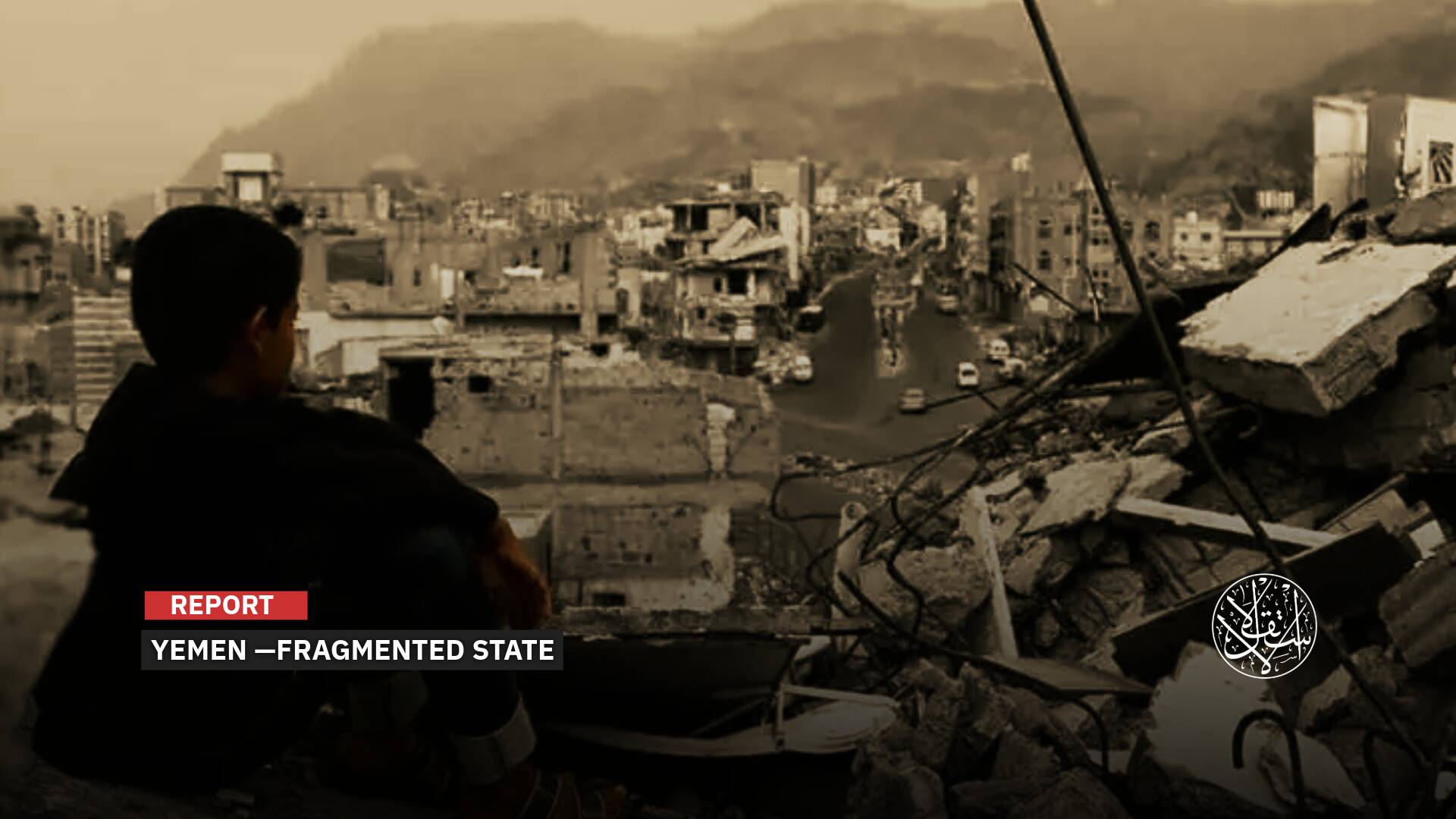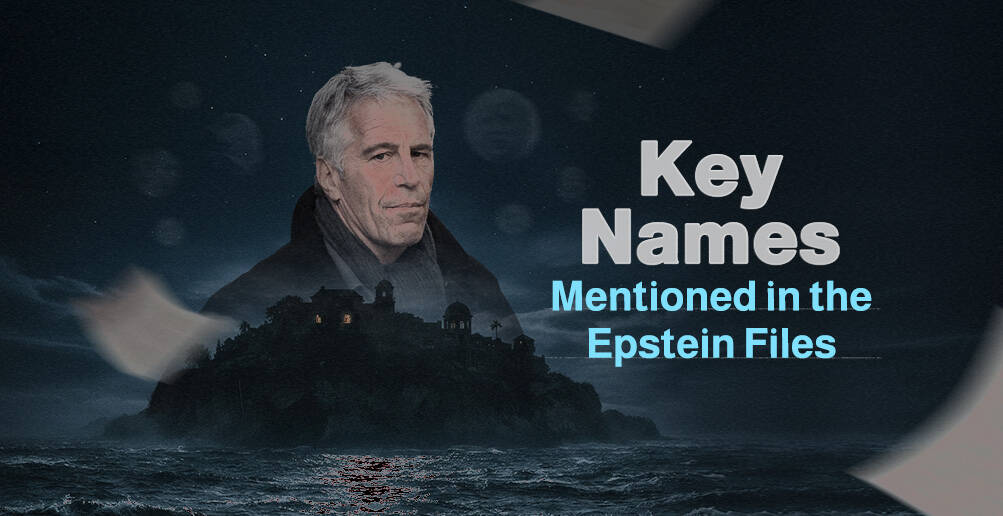Sadrist Boycott and Its Impact on Iraq's Political Future

I will not grant legitimacy to a regime that does not represent the aspirations of the people.
Continuing from his stance two years ago when he announced his permanent withdrawal from politics, Iraqi cleric and leader of the Sadrist movement, Muqtada al-Sadr, has now declared his boycott of the upcoming 2025 parliamentary elections. The announcement has sparked widespread debate across the country, especially considering the recent actions he took that seemed to suggest the opposite.
On February 19, 2025, al-Sadr instructed his followers to update their electoral records. Ten days later, he met with members of his political wing and former lawmakers, a move widely interpreted as signaling the end of his political isolation and paving the way for his followers to participate in the parliamentary elections.
Corruption Boycott
Al-Sadr made it explicitly clear that "as long as corruption exists," he would not participate in "a flawed electoral process, driven only by interests, sectarianism, ethnicity, and party politics, far removed from the suffering of the people and the regional catastrophes whose primary cause has been Iraq’s entanglement in endless conflicts."
In a statement published by his spokesperson, Mohammed Saleh al-Iraqi, on X on March 27, al-Sadr reiterated that "Iraq cannot move down the right path if corruption continues to plague the political process."
"The current elections lack true national objectives, being dominated by sectarianism, ethnicity, and partisan strife."
"Iraq is living its final breaths, after the dominance of foreign powers and the deep state over every aspect of its affairs."
"Elections in Iraq must be free from narrow interests that harm the country and its people," al-Sadr said.
The following day, current member of parliament from the Shiite Coordination Framework, Yousef al-Kalabi, announced his boycott of the upcoming parliamentary elections, urging the Iraqi people to do the same. He argued that the electoral process had become a cover for the continuation of political quotas and the dominance of corrupt actors over the country's resources.
In a statement published on X, al-Kalabi highlighted that he had spent more than five years serving on both the Integrity and Finance Committees, working to "legislate essential laws to combat corruption and expose files worth billions of dollars."
However, he lamented that what he described as the "quota system and the systematic protection of the corrupt" had thwarted all of those efforts.
Al-Kalabi reiterated his support for the position of Sadrist leader Muqtada al-Sadr in "rejecting corruption and calling for genuine, radical reform," stressing that "continuing elections under this corrupt reality will only lead to the reproduction of crises and exacerbate the suffering of the people."
He argued that boycotting the upcoming elections "is not a negative stance, but a political pressure tactic," aimed at pushing the ruling forces to adopt genuine reforms.
He also rejected "granting legitimacy to a regime that does not represent the aspirations of the people."
"Corruption was the primary driver of the sectarian war, the rise of terrorism in 2014, the spread of drugs, and the killing of Iraqis through car bombs."
"Combating corruption has become a national duty, no less important than the jihad against occupation or terrorism," al-Kalabi noted.

Boycott Impact
Regarding the potential impact of the Sadrist movement's boycott on the electoral process, Parliament Speaker Mahmoud al-Mashhadani stated that "al-Sadr believes his reading of the situation is accurate, but I believe the elections will proceed either on October 15, 2025, or on the 25th of the following month."
In a television interview on March 29, al-Mashhadani called on al-Sadr to reconsider his decision, particularly if he sees any value in his movement’s participation in the elections. "We believe that the political process without the Sadrist movement is like 'food without salt,' but ultimately, they know what is best for their affairs," he remarked.
Al-Mashhadani went on to suggest that true reform lies in engaging in the electoral process and working to enact change from within, thereby placing the burden of proof on others.
He also raised the question: “What is the solution or alternative if everyone decides to boycott the elections?”
In the same context, Iraqi parliamentarian from the "Coordination Framework" Amal Atiyah stated that "the Sadrist movement's boycott of the elections could affect the political process, especially given its broad popular base," according to reports by the Iraqi News Agency (INA) on March 28.
"The presence of the Sadrist movement provides a balance against the traditional ruling forces, and its absence could disrupt the balance of power within parliament, leading to a loss of opposition—a crucial element for holding parliamentary work to account," Atiyah added.
"The tone of al-Sadr’s statement indicates that he will not back down from his decision to boycott the elections, and no party from the Coordination Framework can influence him," former Sadrist leader Aws al-Khafaji continued.
"Other lawmakers and political factions may join in boycotting the elections, which could lead to their postponement."
In a television interview on March 28, al-Khafaji added that "al-Sadr wants to replace this corrupt political system with one that serves the people, aiming to overturn the current system—but not through military means."
"Al-Sadr’s boycott indicates that he not only has a forward-looking perspective, but also possesses crucial information. He would not take such a step unless he was certain that there is an imminent danger, and that this political process is tainted by an uncertain future that could affect it."
"Al-Sadr’s fatwa prohibiting his followers from participating in the elections signals a specific threat to the political and electoral process that he does not want to involve himself—or his movement—in."
According to al-Khafaji, “99 percent of the leaders within the Coordination Framework did not sleep the night of al-Sadr’s decision, as they wanted to understand what had happened. While no one has full insight, it is certain that something serious is at play.”
Strategic Boycott
Regarding the reasons behind the boycott decision, Iraqi researcher and academic Wissam Abbas suggested that "al-Sadr recognized potential changes in Iraq due to the repercussions of events unfolding in the Middle East. Consequently, he wanted to distance himself from any possible influences that could impact the current Iraqi political system."
"Al-Sadr has one foot in the government and the other in opposition. To this day, he holds significant positions within state institutions, including the Secretary-General of the Council of Ministers, Hamed al-Ghazi, as well as numerous deputy ministers and general directors," Abbas stated in an interview with Al-Estiklal.
"Al-Sadr is employing a strategy of abstention to increase his value, only to return later and announce his participation in the elections. He keeps his followers in a constant state of alert—otherwise, why would he have urged them to update their voter registration if he were truly determined not to participate?" Abbas added.
"Exactly, our esteemed leader, corruption has become rampant in Iraq, controlling everything! But what is the solution?" The Iraqi writer and political analyst Falah al-Meshaal commented on X on March 28.
"These corrupt individuals are indifferent to Iraq’s destruction. They work together to remain in power and amass billions from corruption, despite the political process being in a state of clinical death. Isn't fighting corruption through all available means the best path to rid ourselves of them?"
"Your Excellency, you are the most effective and popular leader at the heart of the equation, and the one who can launch the reform project that the vast majority of the people are waiting for. Your withdrawal only gives them an additional opportunity to extend the corrupt regime’s hold, looting the nation and crushing the citizens," al-Meshaal added.
"How can the Sadrist movement achieve reform and combat corruption while being outside the legislative process, unless it foresees a painful future and does not want to be part of a phase in which Iraq is breathing its last, as described by Mr. Muqtada al-Sadr?" Iraqi media professor Ghalib al-Daami wrote on X.
Three months before the previous parliamentary elections held in October 2021, al-Sadr announced his withdrawal from the political process.
"In order to preserve what remains of the nation, which has been burned by the corrupt and continues to be consumed by their actions, and to save it, I inform you that I will not participate in these elections... the nation is more important than all of that," al-Sadr said in a statement.
However, just three months after this withdrawal announcement, his movement reversed course and re-entered the race, ultimately securing a strong result with 73 seats in the parliament during the elections held on October 10, 2021.


